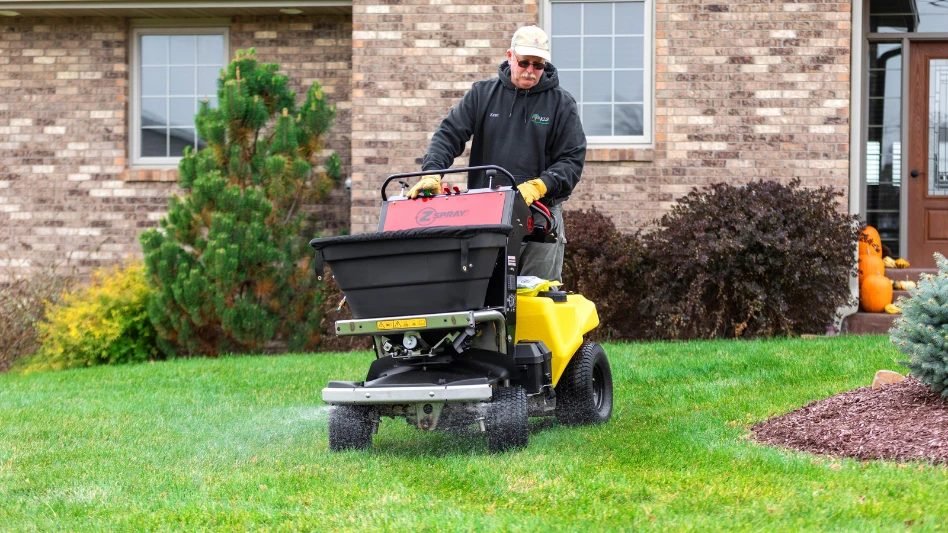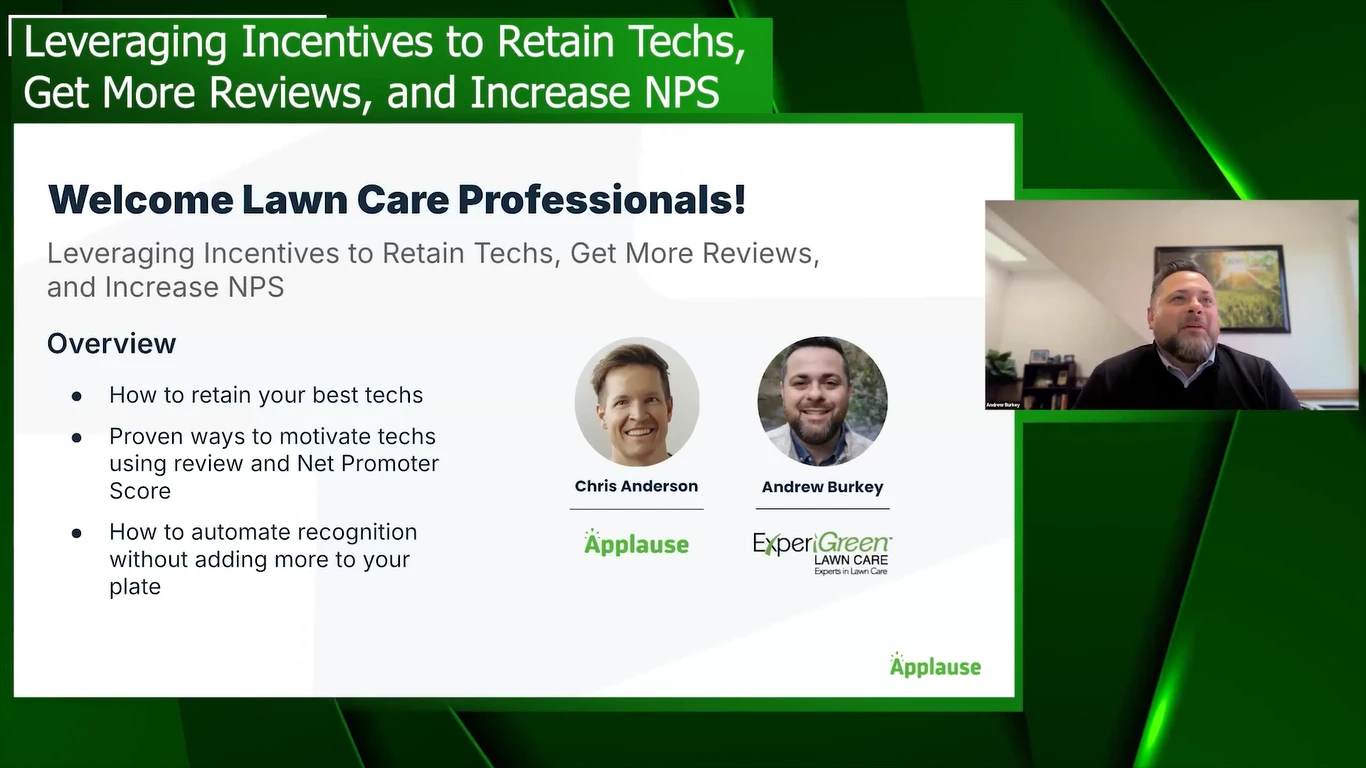With a grim outlook for the H-2B visa program for the second year in a row, employers are likely already making their contingency plans for next year. The first-half H-2B cap is already more than half full several months before the start of the fiscal year and the chances of a returning-worker exemption in time to help the 2009 landscape season are uncertain.
As contractors who participate in the H-2B program contemplate the likelihood they’ll get workers next year, the prospect of encouraging workers to extend their visas by taking winter jobs and remaining in the country may be part of the discussion.
Many workers want to remain in the U.S. and earn as much money as they can before returning home, says Rachel Anthony, H-2B National Sales Manager for Alliance Abroad Group, an Austin, Texas-based labor agency. Because an H-2B worker may be permitted to remain in the country for up to 36 months on an extended visa, there is an opportunity for summer workers to transfer to companies with winter positions, and vice versa, and not be counted under the cap of 66,000 H-2B visas the government allots annually.
The Professional Landcare Network’s Director of Government Affairs Tom Delaney has not heard of any landscape companies with H-2B workers who have successfully extended their visas between opposite-season employers, but he’s not ruling out the prospect this year, considering some late-season landscape employees may be uncertain that they’ll get in under the cap next year. PLANET anticipates the demand for H-2B visas to continue to increase due to the growing need for workers plus increased enforcement of undocumented workers. These factors result in the H-2B cap being reached earlier each year and more landscape contractors being shut out of the program. “It’ll be based on how desperate the workers are,” Delaney says. “But I don’t know that there will be any droves wanting to [extend their visas across multiple seasons].”
One reason this tactic isn’t widely popular is it’s complex, says Libby Whitley, president of MAS, a Lovingston, Va.-based H-2B agency. “The logistics are complicated, but it can be done if someone at a landscape company goes to work for someone with a bona fide winter labor need,” she says. A worker cannot be in the country for even a day without a valid visa, so the jobs must overlap perfectly, or both employers must have an understanding about timing, for all parties to benefit.
For example, an H-2B employee who works March through November at a landscape company may have to leave his or primary job early to make it to job No. 2 at a ski resort. In the spring that worker may have to leave the ski resort early to return in time for his start date at the landscape firm. The situation can work in some cases, Whitley says, but she emphasizes the difficulty in coordinating a “perfect overlap.” If the overlap isn’t perfect or agreed upon by both employers and the employee, it could result in the employee being in the country illegally or being reported to his country of origin as AWOL, which could affect his visa status, Whitley says.
At the same time, employers should remember there is no guarantee that a worker will return to his primary employer after the winter season. “There is nothing that forces a worker to stay working for someone or to return to work for them,” Whitley says. “If they get another offer, let’s say Jones Ski Resort works with a landscape contractor who likes the worker and offers him a job, that worker doesn’t have return to the original landscape company.” Also, workers who thought they would return to their primary employer may become homesick and opt to go home rather than extend their visa for a second summer season.
Employers also should consider whether workers are interested in or capable of switching between industries, Delaney adds. “I don’t know that someone working at a ski resort, for example, may have the skills or interest to come work at a landscape firm,” he says.
At the same time, there are repercussions for remaining in the U.S. for 36 consecutive months. They depend on the country of residence, Anthony says. Most embassies require H-2B participants to regain residency and stay in their home country at least one year before applying for the H-2B program again.
Due to the complicated nature of labor extensions, workers typically work through labor agencies or attorneys to execute the visa extensions. Many agencies list "in-country" job opportunities for H-2B participants on their Web sites. The Alliance Abroad Group will hold job fairs in three cities for workers interested in extending their visas to opposite-season employers. They are scheduled for July 29-30 in Austin, Texas; Aug. 13-14 in Cape Cod, Mass.; and Aug. 27-28 in Bar Harbor, Maine. Fore more information, visit www.allianceabroad.com.
Latest from Lawn & Landscape
- Grow your business with mosquito control
- LandCare adds 2 branches in SoCal, promotes Aleman to branch manager
- Spray them away
- PERC helps debut propane direct-injection fuel system at ACT Expo 2025
- Retargeting Ads – A Secret Weapon for Growing Your Lawn Care Business
- Leading a growing company
- Project EverGreen launches Clean Air Calculator
- Rain Bird acquires smart lawn care company OtO from Toronto








